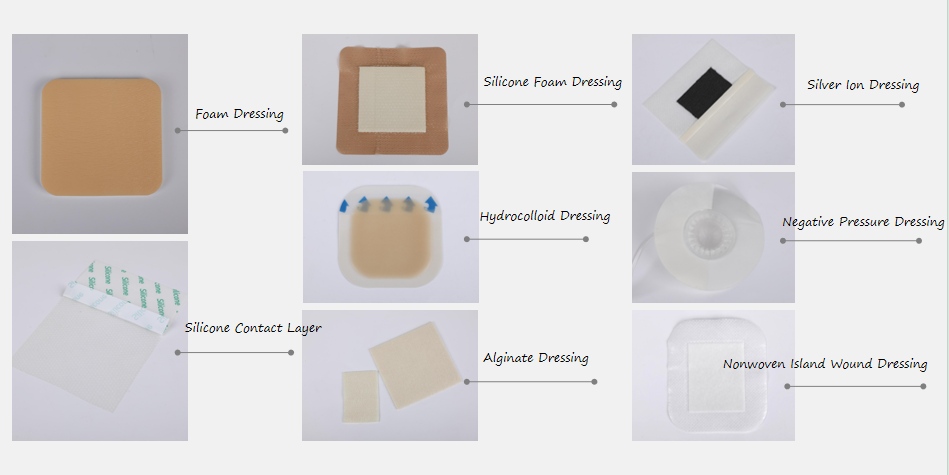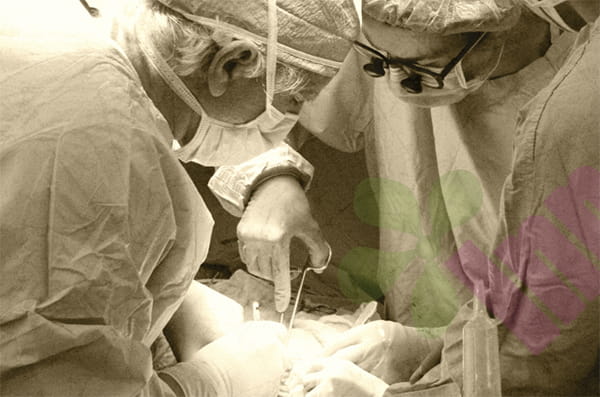Decubitus ulcers are a common problem for bedridden patients. Due to long-term pressure on the local skin, blood circulation is blocked, causing the skin to lose its nutritional supply and eventually become necrotic. Decubitus ulcers not only cause pain to patients but also increase the difficulty of care. Therefore, comprehensive nursing measures need to be taken to deal with the problem of ulcerated bedsores in bedridden patients.
1. Turn around frequently:
The patient should be turned regularly to reduce the pressure on the local skin. During the process of turning over, be careful to avoid dragging and other movements to avoid aggravating skin damage. At the same time, it is necessary to keep the patient's skin clean and dry and change diapers or sheets in time to avoid skin irritation from sweat, urine, and feces.
2. Use appropriate functional wound dressings:
Appropriate wound dressings are essential for the treatment and prevention of bedsores. Functional wound dressings, such as hydrocolloid dressings and silicone gel foam dressings, offer multiple advantages and can effectively protect wounds and promote healing.
Hydrocolloid dressing is a soft, hydrophilic wound dressing with good hygroscopicity, which can keep the wound moist and promote the growth of granulation tissue. At the same time, hydrocolloid dressings are also self-adhesive and can closely fit the wound to prevent the invasion of external bacteria, thereby reducing the risk of infection. In addition, hydrocolloid dressings also have a certain degree of transparency, making it easy to observe the healing of the wound.
Silicone gel foam dressings have excellent moisturizing properties and softness and can provide good protection for wounds. Silicone gel foam dressing can effectively prevent water evaporation, keep the wound moist, and also promote the growth of epithelial cells. In addition, silicone gel foam dressings also have good air permeability and stretchability, and can gradually fall off as the wound heals, avoiding pain and damage caused by dressing changes.
3. Strengthen nutrition:
Nutritional support should be strengthened. Since decubitus ulcers can lead to the loss of nutrients such as protein, it is necessary to provide patients with high-protein, high-vitamin, high-calorie, easily digestible food. At the same time, adjustments should be made according to the specific conditions of the patient. For example, for patients who cannot eat, nutrients need to be supplemented through veins.
For the problem of bedsore ulcers in bedridden patients, comprehensive nursing measures need to be taken. By turning over regularly, properly treating bedsores, and strengthening nutritional support, bedsores can be effectively prevented and treated, and the patient's quality of life can be improved. At the same time, it is also necessary to strengthen the understanding of bedsores and the learning of nursing knowledge in order to better provide nursing services to patients.
For more information on customized® hydrocolloid dressings, refer to the previous articles. If you have needs, you are welcome to contact us; we will serve you wholeheartedly.
At Longterm Medical, we transform this data by innovating and developing products that make life easier for those who need loving care.
Editor: kiki Jia
Date: December 26, 2023

 English
English عربى
عربى Español
Español русский
русский 中文简体
中文简体








